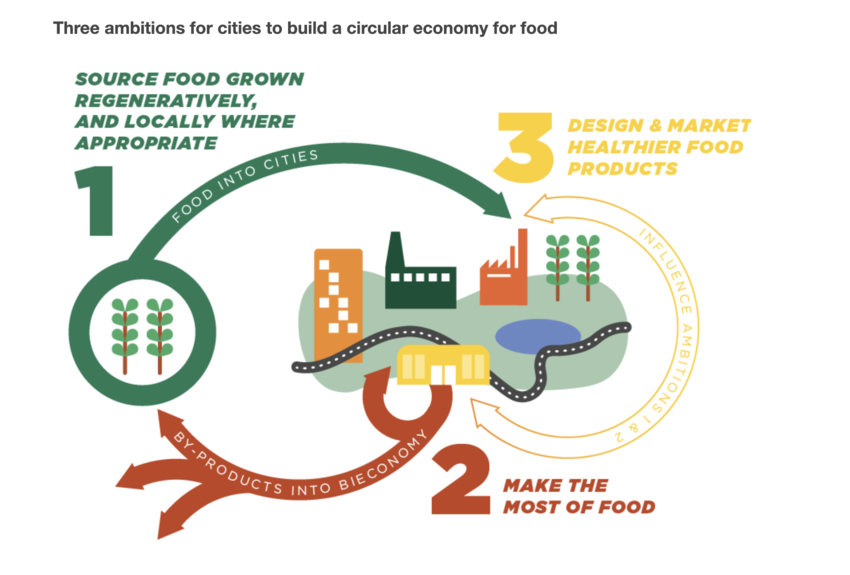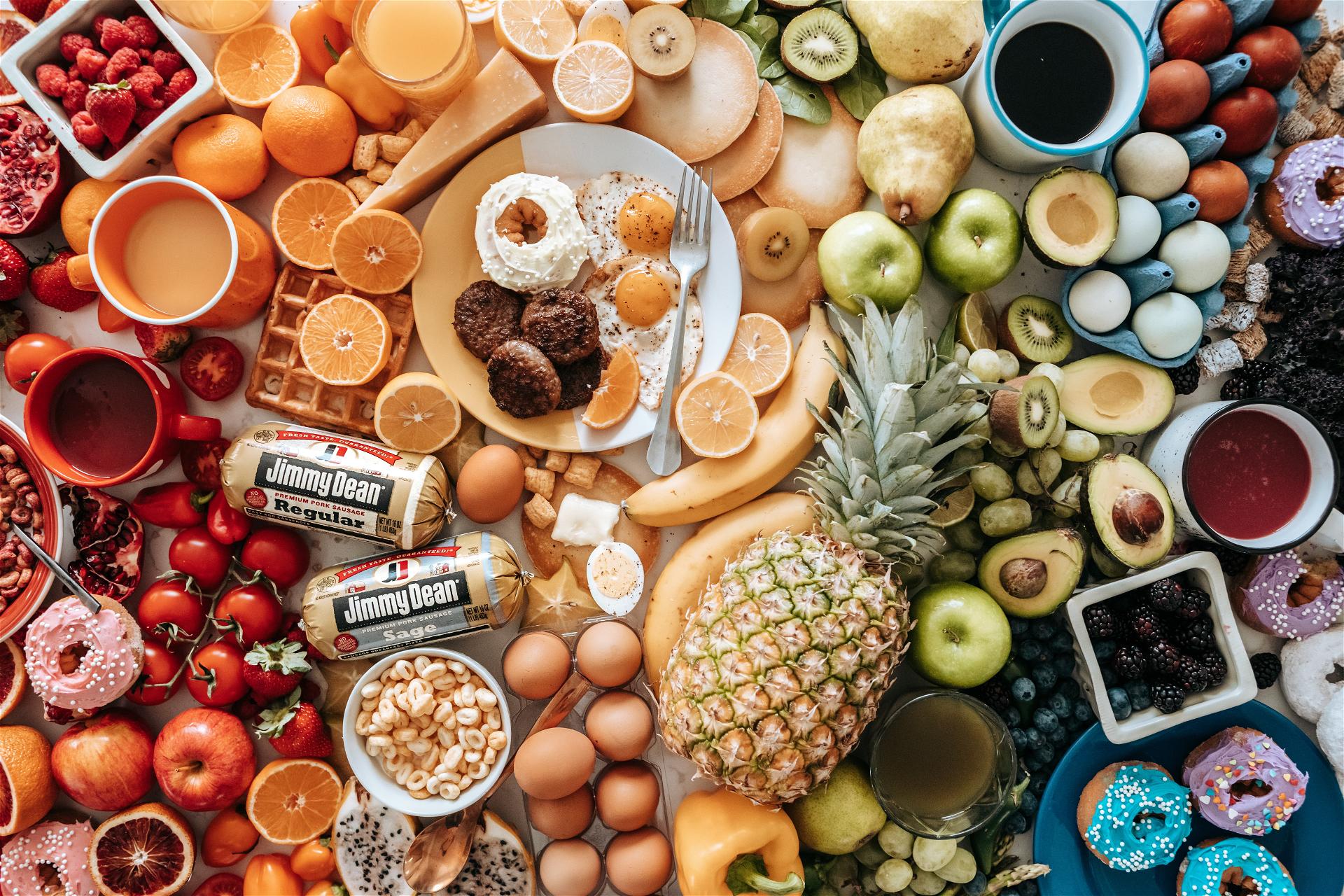· 5 min read
What is most fascinating in relation to the future are the challenges that come in the form of new paradigms and this goes, among other topics, through what we define today as food. From a great friend came the provocation to look at new business models that help in combating food waste. I added to this search the scale potential of these new products. Undoubtedly, solutions to avoid waste expand, both in investments and initiatives, given the increase in food insecurity related to social inequality and also by interruptions in the food production and supply chains, resulting from climate change. Food waste and loss reach 30% and account for up to 8% of global CO2 emissions (Project Drawdown). Arguments that strengthen the increasingly appetizing theme of upcycled food.
As the basis of the upcycled food strategy is the use of food leftovers, generally considered of low value, which would be sold as feed or simply discarded as ingredients for new products and foods. According to the Ellen MacArthur Foundation, the upcycled food market is expected to move $46 billion from transforming agricultural waste or by-products into ingredients. It is to make the most of what we have already produced, offering new value and creating a resilient and sustainable network.
About 40% of food is not consumed worldwide
The report
Ecovia Intelligence consultancy released recent research in which it records 2022 as a key change: the year in which consumers will charge companies for the production of upcycled food. Among the reasons, are the greater visibility of products made with food usually discarded and that have gained standardization with the certificate of the Upcycled Food Association, launched last year. There are already more than 140 certified products. You can consult the list on the organization's website, divided into four categories: food and beverages, personal care products, home products and pet food.
From beer to yogurt – companies discover the taste of upcycled food
The upcycled food futures market began to take shape in 2020 when a team of experts from Harvard, the World Wildlife Fund (WWF) and ReFED named the movement Upcycled Food. Since then, startups and large companies have sought new technologies and solutions to immerse themselves in this, which is more than a trend, for sure. If we are looking for circular business models and zero carbon emissions, the food industry has the same responsibility as other sectors when it comes to reviewing the design of its products and ingredients: to take advantage of what is in circulation and what would be discarded – according to our old lenses – as a valuable ingredient.
Danone and the rescue of lemons
Once upon a time there was a lemon that went to waste and was rescued just as it became yogurt. When I see upcycled food entering the planning of large companies, hope gains scale.
The launch, at the end of 2020, of the GOOD SAVE yogurt line was made possible thanks to Danone's partnership with Full Harvest, an organization that “rescues” imperfect or surplus food and checks these future ingredients to return them to the industry.
On the site of GOOD SAVE Greek lemon yogurt Meyer, it is written:
It is estimated that 1/3 of fruit and vegetable waste occurs on farms, with more than 10 million tons of products not harvested each year.
That's why we created GOOD SAVE low-fat Greek yogurt – and why we love those rescued Meyer lemons. Less waste, more kindness.
The world's largest brewery is saving grain
Anheuser-Busch InBev (AB InBev) understood the value of the barley leftovers of breweries. Previously, what was considered low value and sold as livestock feed or discarded is now used as an ingredient in food products from other global manufacturers, such as Nestlé and Nomad Foods.
According to a report by the Financial Times, AB InBev is building two factories dedicated to processing the by-products of barley in protein and fiber, in order to use them as ingredients.
The superheroes of food
We are in the early days of upcycled food, so it is worth mentioning the pioneers, everyone who sees how the future will be and act to build it together. I will cite some other examples of companies and startups moving in this direction that you can find in this article.
Aqua Botanical – Australia
The company calls itself the world's first plant-based water by recycling the water used in the production of concentrated juices.
“Made 100% of fruits and vegetables”
Pure Plus+ - USA
The challenge, and it is working, is to turn imperfect fruits and vegetables into a sugar substitute powder that can be used in the manufacture of beverages and food products.
Toast Ale – United Kingdom
Beer made from leftover bread. The company's calculation is that 24 million slices of bread are wasted every day in the UK. From the donation of slices that would be discarded, Toast Ale replaces one-third of the malted barley used in brewing.
The size of the problem is the size of the solution
Imagine that the 931 million tons of food wasted worldwide in 2019 (UNEP) became ingredients for the production of other products. This is one of the scenarios we have to ensure food in the future.
And Brazil, one of the largest global food producers, but also with high rates of waste and hunger, needs to start changing its lenses to see new scalable business models that contemplate what already exists in abundance, and design new paths from that.

illuminem Voices is a democratic space presenting the thoughts and opinions of leading Energy & Sustainability writers, their opinions do not necessarily represent those of illuminem.






